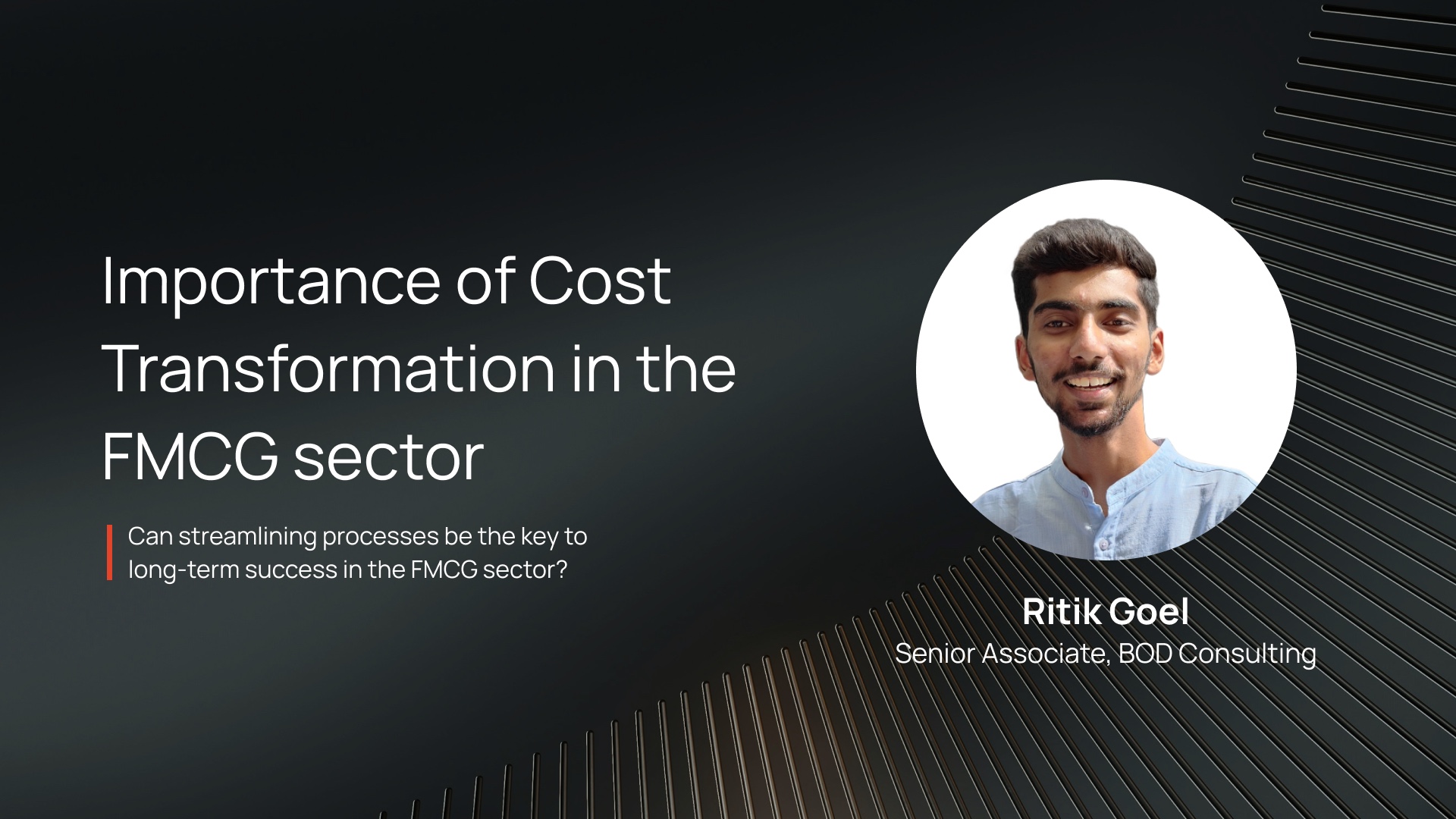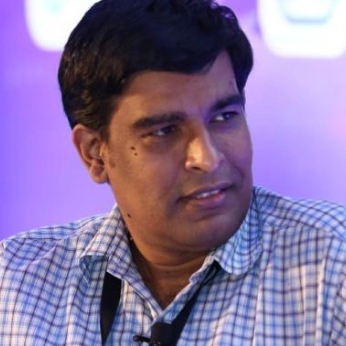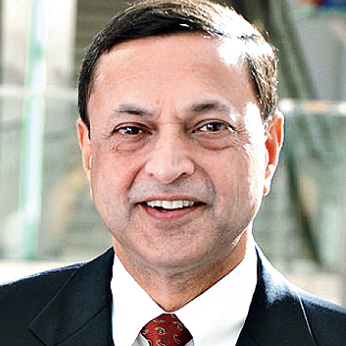Maintaining cost efficiency is crucial for sustaining profitability and market share in the highly competitive fast-moving consumer goods (FMCG) sector. Given the razor-thin margins and the constant pressure to offer high-quality products at competitive prices, FMCG companies continuously seek ways to optimise their cost structures.
Cost transformation is essential as it addresses inefficiencies and high operating costs, enabling a financial turnaround. Sub-optimal procurement strategies, high overhead costs, poor inventory management techniques, and inefficient processes dampen profit margins for FMCG companies.
Hence, a robust cost transformation strategy becomes critically important not only for enhancing profitability but also for providing the flexibility to invest in innovation, marketing, and distribution channels. This enables companies to better respond to changing consumer preferences and market dynamics.
Streamlining Procurement
At BOD Consulting, I had the opportunity to work with a client facing similar cost-related challenges. A poorly balanced cost structure and limited sales, despite having superior product quality, had been hurting them for multiple years. They continued to struggle without making any progress toward cost rationalisation.
In the initial stages of the project, we devoted our efforts to analysing the current cost and expense structure of the company and benchmarking their costs against industry leaders.
We made the first inroads when we concluded that timely procurement of raw materials was a key element in the cost structure and that efficient procurement could help cut procurement costs by 10-15%. We mapped out a procurement strategy for our client and closely monitored its execution.
Upon evaluation, we could see that the procurement process, which previously took no less than 120 days, was accomplished within 45-50 days by streamlining vendors for each category of spices. In addition to the expedited procurement process, effective and timely market participation enabled the client to hedge against fluctuating market prices.
Multi-Dimensionality of Cost Transformation
During my stint on a cost transformation project, I gained valuable insights into the multifaceted nature of cost management. This experience underscored that cost transformation and business turnaround are inherently multidimensional efforts, requiring focus on multiple functions and effective cross-functional collaboration.
We made several key recommendations. To optimise freight costs, we suggested consolidating shipments. We also recommended rationalising the product portfolio into Slow, Medium, and Fast-moving categories to enhance inventory planning. Additionally, we advised compiling a monthly SKU-level sales forecast to align sales and production, thereby reducing waste and inefficiencies. The successful execution of these suggestions enabled the client to achieve substantial cost savings and operational efficiencies
Another key lesson learned included understanding the critical role of data-driven decision-making and the value of cross-functional collaboration to smooth out inefficiencies in the system.
Overcoming Roadblocks
This turnaround journey, however, was far from a cakewalk and came with its own set of challenges.
Employees found it difficult to adapt to new processes, and gaining the trust of management to initiate fresh strategies was an uphill battle. All the actions and proposals needed strong validation from research and through pilot projects
Despite these obstacles, we focused on ensuring clear communication and demonstrating quick wins to build credibility. We built a culture of inter-department collaboration and provided comprehensive training, which gradually earned the support of both the workforce and management, facilitating the successful implementation of various critical transformation initiatives.
With collective efforts, we were able to create substantial value for our client, allowing them to roughly double their revenues in a span of 2 years while maintaining an evenly balanced cost structure.
Holistic Cost Transformation: Navigating Complexities
As a consultant, this project underscored the necessity of a holistic approach to cost transformation. It is not merely about cutting costs but about creating a more agile, responsive, and efficient organisation.
The experience has equipped me with a deeper understanding of the strategic levers that drive cost efficiency and the practical skills to implement them. This knowledge has undoubtedly enabled me to deliver even greater value to clients seeking to navigate the complex landscape of cost management in the FMCG sector.
Ritik Goel is a Senior Associate at BOD Consulting.
—————————–
Is cost transformation for your business on your mind? Drop a mail at strategy@bod.consutling to transform your business with us and develop a culture of #LeadingIntoTheFuture.

























